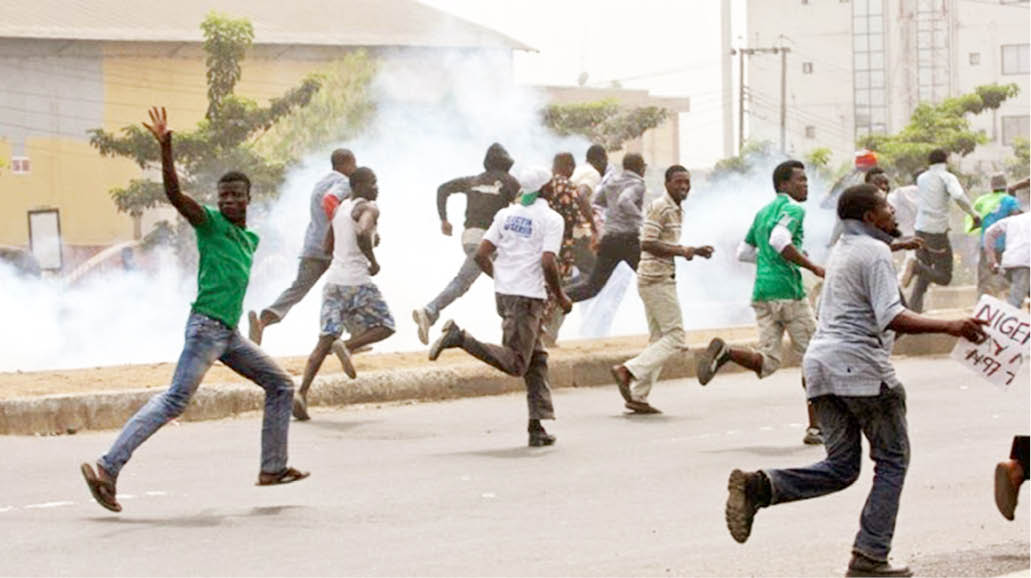Why Rivers, Lagos top electoral violence rankings — Report
A report by Global Rights on Nigeria’s 2023 election has identified Rivers and Lagos states as the worst in electoral violence rankings during elections in Nigeria. The Executive Director of the organisation, Ms. Abiodun Baiyewu, made this known in Abuja during a national dialogue to demand accountability for documented 2023 election atrocities in Nigeria and […]

A report by Global Rights on Nigeria’s 2023 election has identified Rivers and Lagos states as the worst in electoral violence rankings during elections in Nigeria.
The Executive Director of the organisation, Ms. Abiodun Baiyewu, made this known in Abuja during a national dialogue to demand accountability for documented 2023 election atrocities in Nigeria and the launch of a report titled ‘In Pursuit of Justice: Forensic Insights into Nigeria’s 2023 Election Atrocities’.
She stated that the wealth and financial resources of the two states made them prone to electoral offences, and the lack of sanctions for previous electoral offences emboldened others to join the growing list of offenders.
“Since the nation’s independence, Nigeria’s election cycles have been volatile. Apart from brief moments of solidarity among citizens in their desire for credible elections, the no-holds-barrel contestations have made divisive rhetoric a recurring issue.
“Rivers State is the worst state when it comes to election violence in Nigeria, and the numbers speak for themselves. Lagos State follows closely. More recently, the entire southeast of the country has also been affected. However, we should not forget what happened in the North in 2011.
“Our politicians continue to use words not to build us, not to unite us, but to divide us, and we continue to allow them. The stakes were higher in 2023; the crises precipitated by bad governance have further polarised the polity,” Baiyewu said.
The Executive Director of We the People, Dr. Ken Henshaw, while presenting the 53-page report, noted an increase in access to new civic spaces, particularly social media, founded on existing fault lines across the country. This has led to a spike in erosive discourse and the propagation of fake news.
He emphasised that if Nigeria intends to break this endless cycle of violence and impunity, it would need to start with curating data and analysing it for accountability.
He pointed out that the nation’s documentation of its electoral atrocities, beyond rigging and ballot snatching, has been poor.
